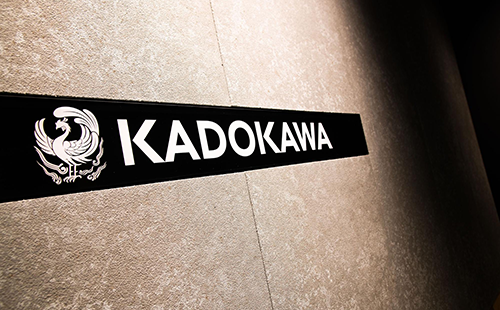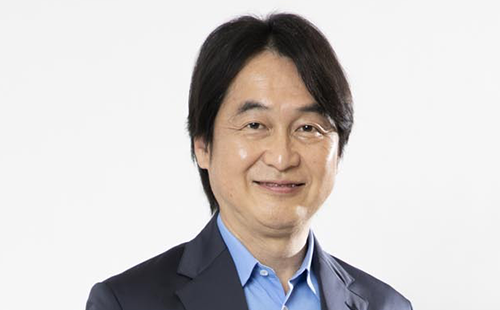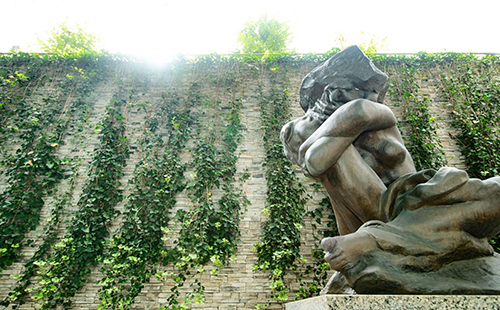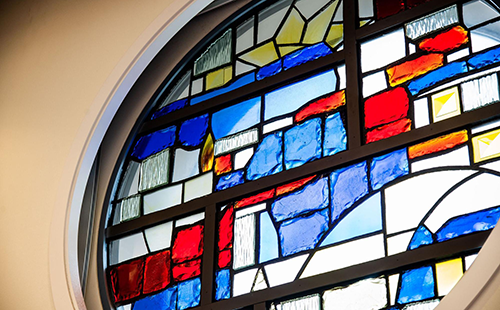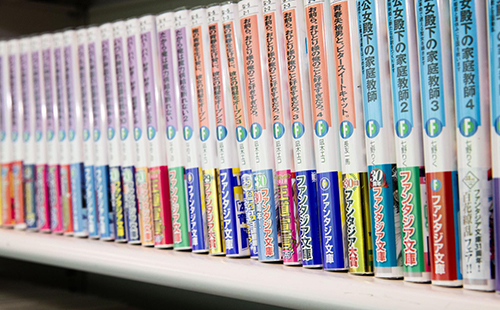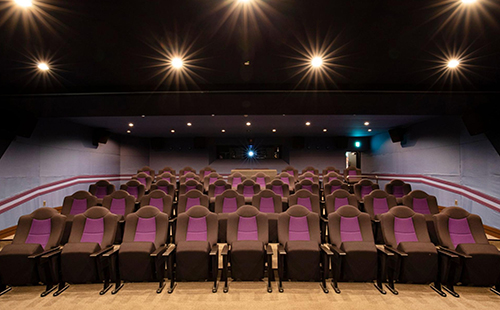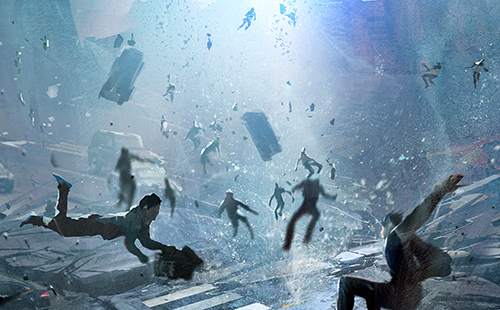CORPORATE HISTORY
Movies and Media Mix Era:1976–1981
The company expanded its management base by entering the filmmaking business with the launch of Kadokawa Pictures. The combination of publishing and filmmaking becomes a huge success, making movies one of KADOKAWA SHOTEN’s core business fields.
-
1976
KADOKAWA CULTURE PROMOTION FOUNDATION is established.
The Inugami Family, Kadokawa Pictures’ first movie, is released. Paperback sales of the works by the original author, Seishi Yokomizo, surpass 18M copies. KADOKAWA begins adapting its paperback titles to films. -
1977
Ege Kai ni Sasagu [Dedicato al mare Egeo], by Masuo Ikeda, wins the Akutagawa Prize. Seiichi Morimura's works becomes a big hit through a paperback campaign that is launched simultaneously with the film adaptation of his work, Proof of the Man.
-
1978
Dai Naniwa Shonin Ourai, by Natsuo Ariake, wins the Naoki Prize.
Kadokawa Nihon Chimei Daijiten [The Kadokawa Geographical Dictionary of Japan] (47 volumes by prefecture; two supplementary volumes) is published. The movie Proof of Wilderness is released. -
1979
The “Book Report Competition on Paperback Novels” hosted by KADOKAWA CULTURE PROMOTION FOUNDATION and sponsored by KADOKAWA SHOTEN begins.
The film adaptations of Akuma ga Kitarite Fue wo Fuku [The Devil Comes and Plays His Flute], Hakuchu no Shikaku [Blind Spot in Broad Daylight], The Golden Wolf Revives, and G.I. Samurai are released. -
1980
The Seishi Yokomizo Prize is established. The movie Virus is released.
-
1981
The "Kadokawa Novels" label is launched. The movies The Aimed School, Akuryoto [Evil Spirit Island], and Sailor Suit and Machine Gun are released.


